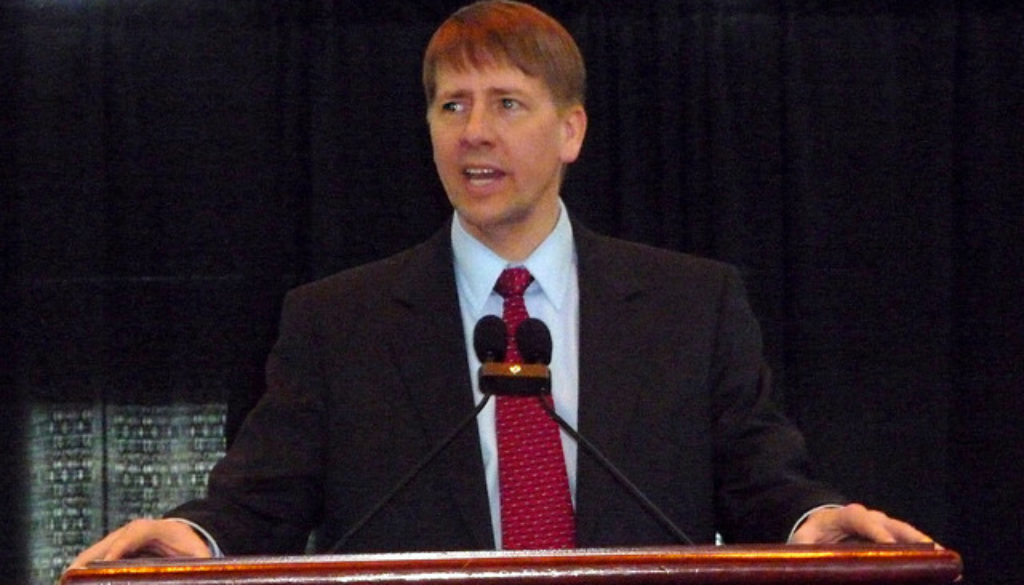CFPB Issues Proposed Rule on Forced Arbitration Clauses That Ban Class Actions
By Deepak Gupta, Gupta Wessler PLLC
The CFPB has just released its much-awaited proposed rule on forced arbitration clauses — arguably the single biggest step the Bureau can take to level the playing field for American consumers.
If adopted after notice-and-comment, the CFPB’s new rule would prohibit forced arbitration clauses that prevent consumers from banding together to hold companies accountable in court, effectively nullifying the impact of the Supreme Court’s AT&T Mobility v. Concepcion decision in the market for consumer financial services. The proposed rule would also require companies with arbitration clauses to send the CFPB the claims, awards, and other information filed in arbitration cases, to allow the Bureau to monitor what up to now has largely been a secret system of corporate tribunals.
You can read the Bureau’s entire 376-page proposal here. It contains an extensive history of class actions and arbitration, a summary of the Bureau’s study on arbitration clauses, and a sustained defense of the policy merits of the Bureau’s proposal.
The proposal will be announced by Rich Cordray at a field hearing in Albuquerque, New Mexico on Friday morning. I will be speaking as a consumer representative, along with Christine Hines of the National Association for Consumer Advocates and Paul Bland of Public Justice. The industry will be represented by Travis Norton of the U.S Chamber, Alan Kaplinksy, and a lawyer for credit unions.
Early coverage can be found in The Hill, the New York Times, and the L.A. Times. The U.S. Chamber came out swinging against the rule even before it was released, decrying the “CFPB’s class-action rule” as a “rich deal for trial lawyers” and a “raw deal for consumers.”
Along similar lines, a shadowy outfit calling itself “Protect America’s Consumers” has just released a very nasty TV ad attacking the CFPB for the rule, implying that Cordray’s motive is to gin up trial lawyer donations for a future gubernatorial run in Ohio. If previous campaigns by this group are any guide, the ad will likely receive significant airtime–possibly during the presidential debates.
The Chamber’s congressional allies are likewise attempting to tie the Bureau to trial-lawyer groups. In a recent letter, Rep. Sean Duffy informed the CFPB about an investigation into the rule. He asked asked for communications between bureau officials and consumer advocacy and trial attorney groups including the American Associations for Justice, National Consumer Law Center, National Association of Consumer Advocates, Alliance for Justice, and Public Justice.

